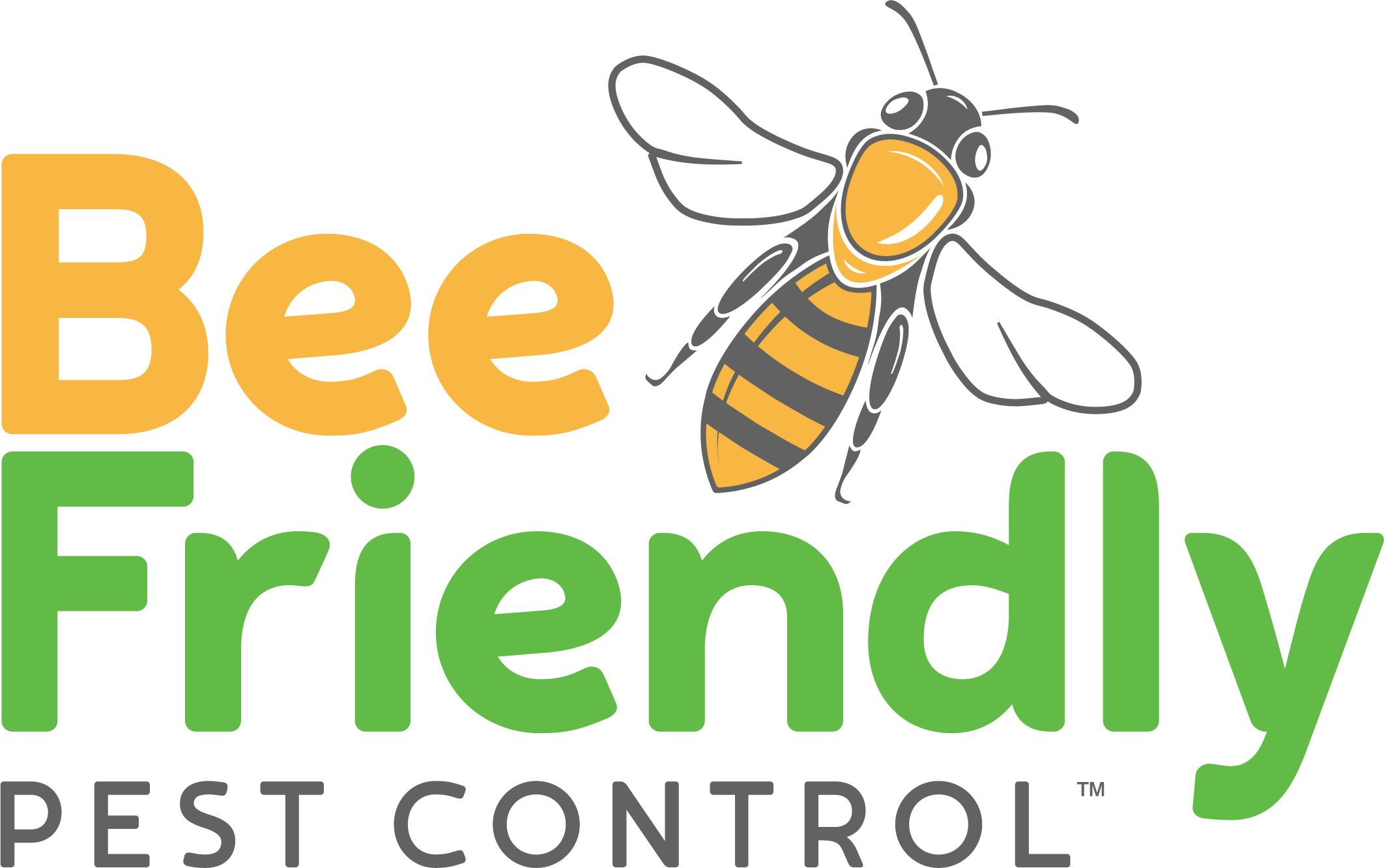All-Natural Gnat Treatment
At Bee Friendly Pest Control, we use safe and all-natural solutions to take care of many different pests — and gnats are no exception. If you’re tired of house gnats flying around your home, biting your family, and contaminating your food, then you can count on our team to reliably catch gnats effectively and efficiently.
What Are Gnats?
Gnats are tiny flying insects that belong to the family of small flies. They are commonly referred to as fungus gnats, fruit flies, or drain flies, depending on their habitat and appearance. Identifying gnats can be relatively straightforward as they are typically small, winged insects with long legs. They can be differentiated from other pests by their size and appearance.
Fungus gnat larvae are small, whitish, worm-like creatures found in moist soil, while adult gnats are typically dark-colored and have delicate wings. Their small size and erratic flying patterns make them distinct from other common pests like mosquitoes or house flies.
Why You Should Schedule Gnat Control As Soon As Possible
Homeowners should consider scheduling our professional gnat extermination services as soon as they notice a gnat infestation in their homes. Gnats are not only annoying but can also cause various problems. They are attracted to overripe fruit, decaying plant matter, and moist environments like sink drains or garbage disposals. Gnats can contaminate food, become a nuisance, and even bite, with some species such as biting gnats causing itchy and painful welts similar to mosquito bites.
To prevent these issues from happening, don’t hesitate to contact the team at Bee Friendly Pest Control! Our innovative, all-natural treatments don’t contain any synthetic pesticides, meaning that you can have confidence that you won’t have to jeopardize the health of your children, pets, and plant life in exchange for getting rid of gnats.
Gnat Prevention Tips
Knowing how to prevent gnats is essential to keep these tiny insects at bay. Homeowners can take steps like avoiding overwatering houseplants, allowing soil to dry between watering, and using well-draining potting soil. Covering plant pots with plastic wrap and poking small holes can help deter gnats from laying eggs in the soil.
Keeping the kitchen clean, especially around fruit traps, and using gnat traps with apple cider vinegar or dish soap can also reduce gnat populations. Employing a professional pest control company for regular inspections and treatments can provide effective, long-term gnat control.
When You Need a Gnat Exterminator in the Following Areas, Give Us a Call
- Philadelphia Suburbs
- Camden County
- Gloucester County
- Burlington County
- Collingswood
- Voorhees
- Deptford
- Mount Laurel
- Burlington
- Cherry Hill
- Haddonfield
- Medford
FAQs
Are gnats harmful?
Gnats, in general, are not harmful to humans beyond being a nuisance. While they can bite, the bites are usually minor irritations, and not all gnats are biters at all. However, some species of biting gnats, like buffalo gnats and black flies, can deliver painful bites.
Nevertheless, most common gnats found in homes are not known to cause any significant kind of harm — their presence is primarily a nuisance and a potential food contamination issue rather than a serious health concern.
Can you get rid of gnats permanently?
Getting rid of gnats permanently can be challenging, but it is possible with the right approach. Effective gnat control involves identifying and eliminating their breeding sites, which are often found in moist and decaying organic matter.
Professional pest control services like ours can provide long-term solutions — such as targeted treatments and regular inspections — to ensure that your gnat problem can be fully eradicated. Homeowners can also take preventive measures like maintaining cleanliness and dryness in problem areas to discourage gnats from returning.
Why am I getting so many gnats in my home?
Gnats are attracted to homes for various reasons. They are drawn to moisture, decaying plant matter, and organic material, making areas like sink drains, garbage disposals, and potted plants prime targets.
Overripe fruit, fruit traps with apple cider vinegar, and even the scent of plant nectar can also attract fruit flies and other gnats into homes. To reduce gnat activity, homeowners should focus on eliminating these attractants, maintaining proper hygiene, and implementing effective gnat prevention measures.
Where do gnats lay eggs?
Gnats, such as fungus gnats and fruit flies, typically lay their eggs in environments that provide optimal conditions for their larvae to thrive. These tiny flying insects are attracted to areas with high moisture levels and decaying organic matter, which serve as ideal breeding grounds.
As a result, gnats often lay their eggs in places like sink drains, garbage disposals, and the moist soil of potted plants. These locations offer a combination of organic material and moisture, making them suitable for gnat infestations to take hold. By choosing these habitats, gnats ensure that their fungus gnat larvae or fruit fly larvae will have an abundant food source and a hospitable environment for their development, ultimately perpetuating the gnat population.
